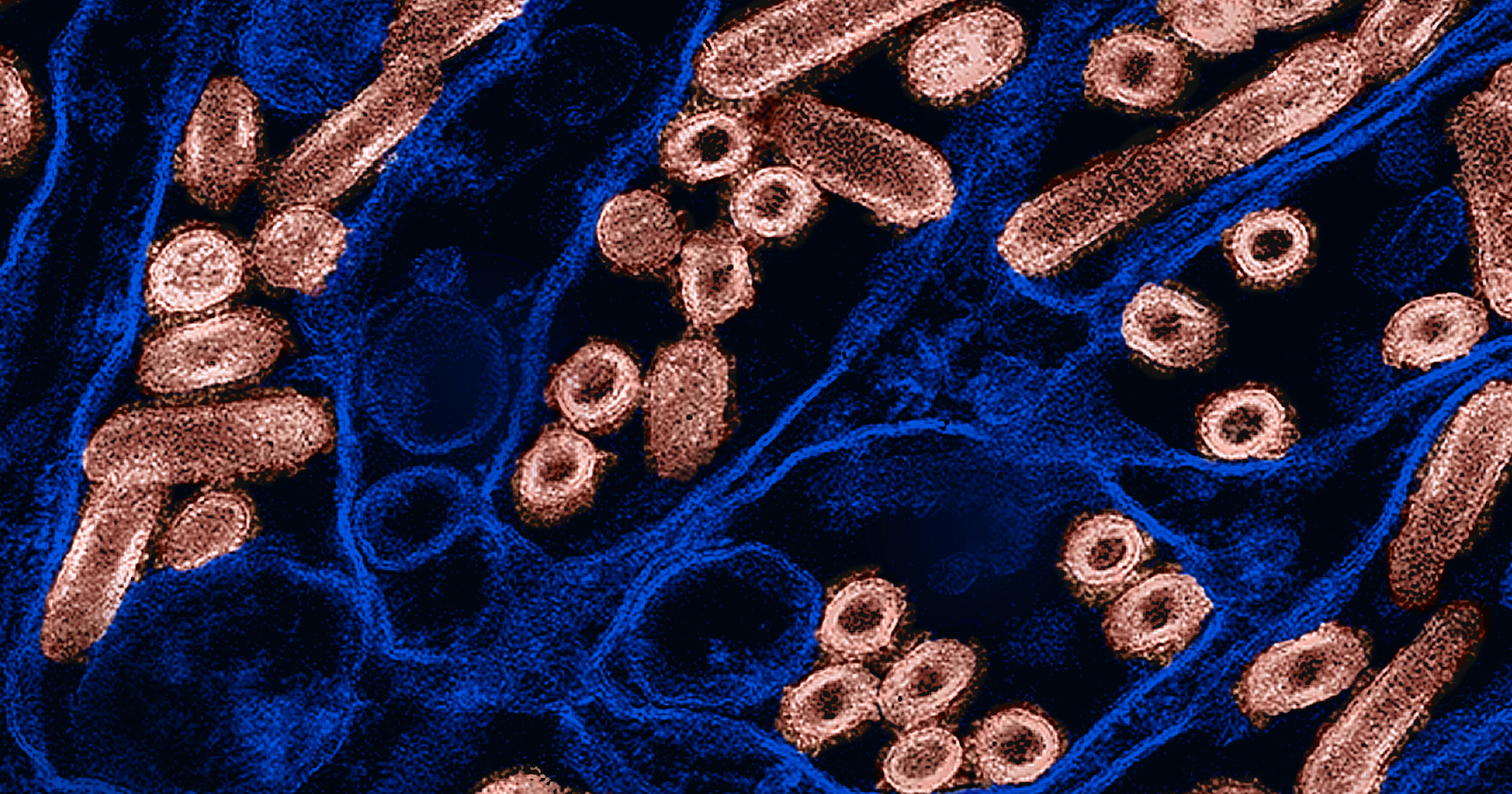As bird flu infections continue to rise among livestock and humans in the United States, surveillance is ramping up in Canada.
Wastewater testing for the H5N1 bird flu virus is set to begin in the coming weeks in Ontario communities considered at high risk, said Rob Delatolla, whose University of Ottawa lab will lead the wastewater surveillance as part of a research program based at the University of Guelph. That will likely mean testing wastewater in communities in agricultural regions of the province. It is unclear whether there will also be testing in larger cities.
Comments closed
